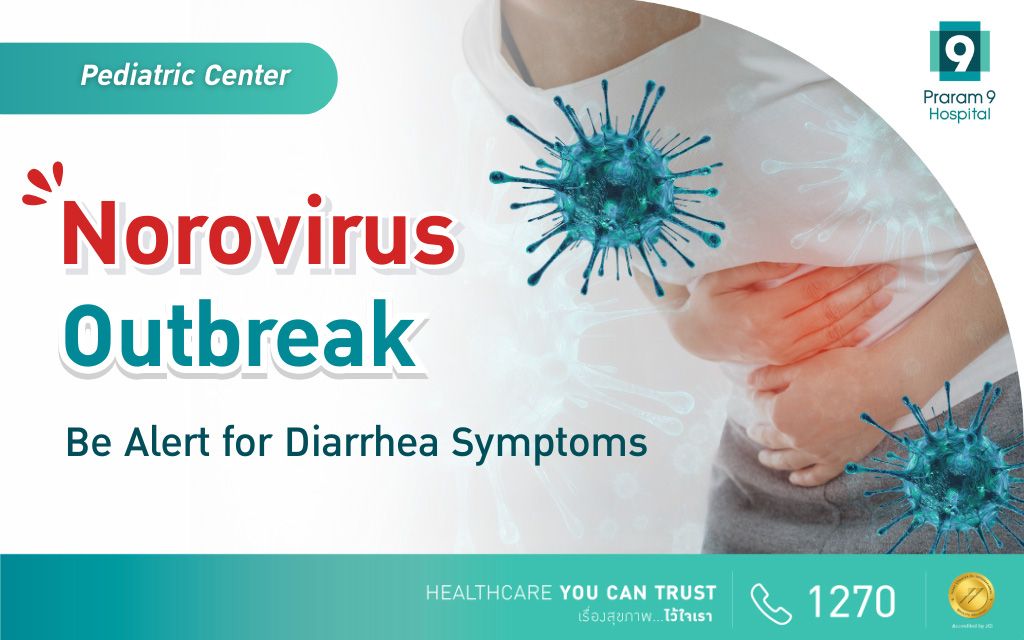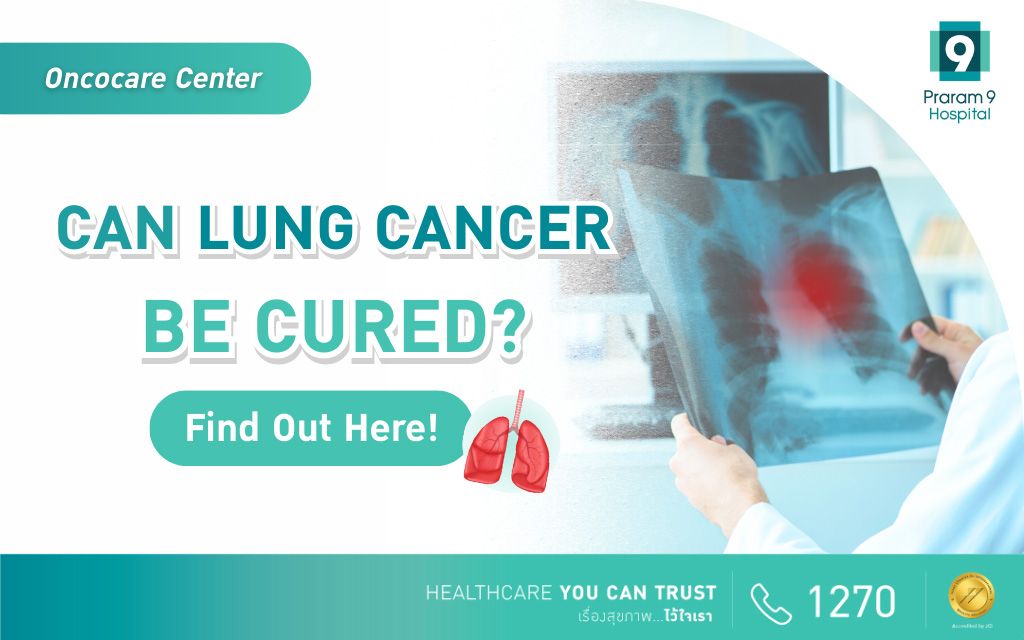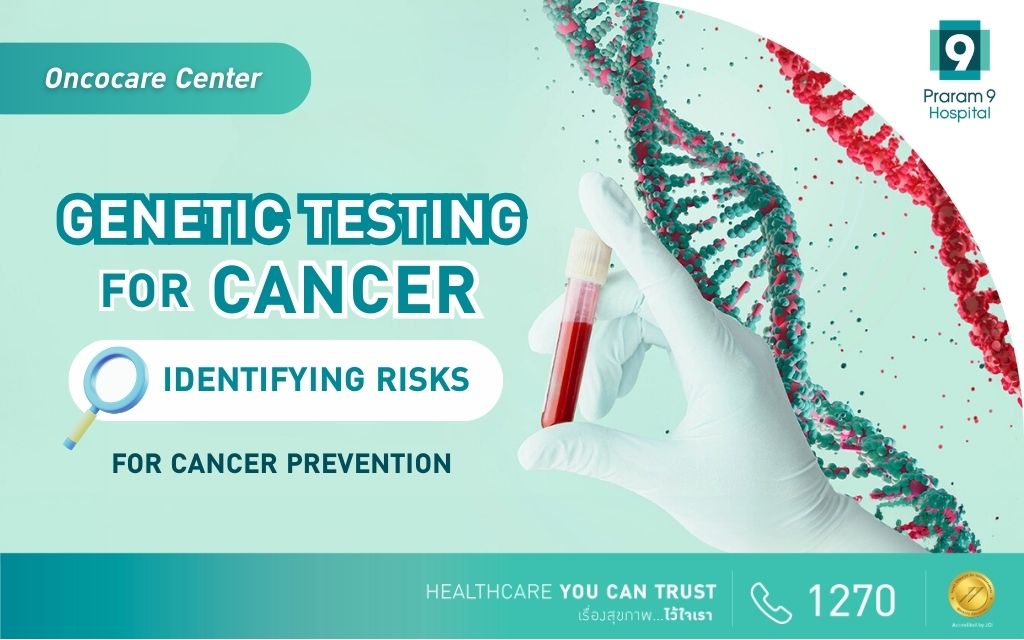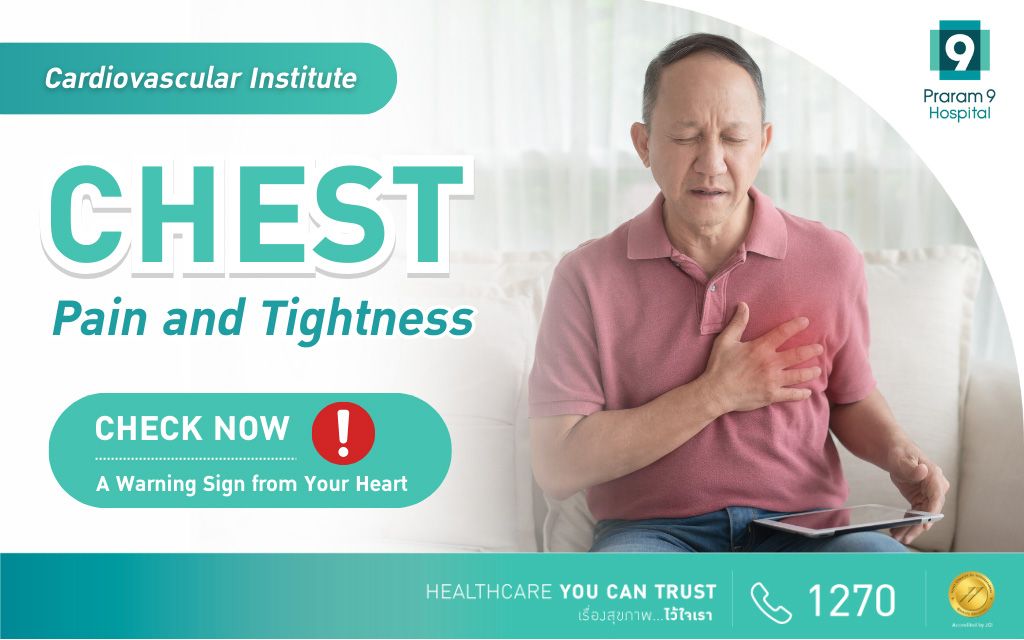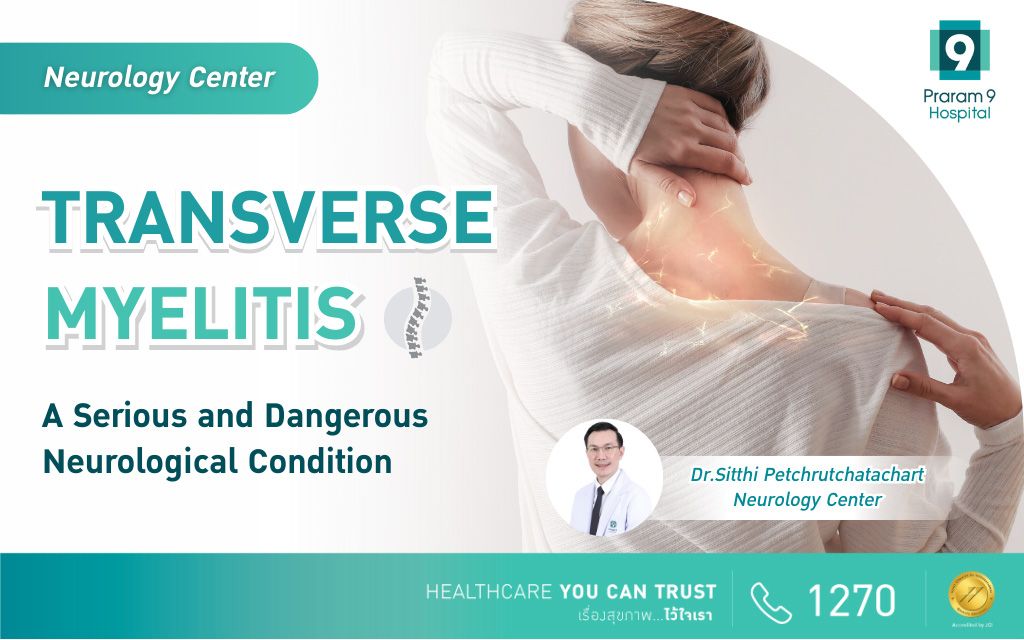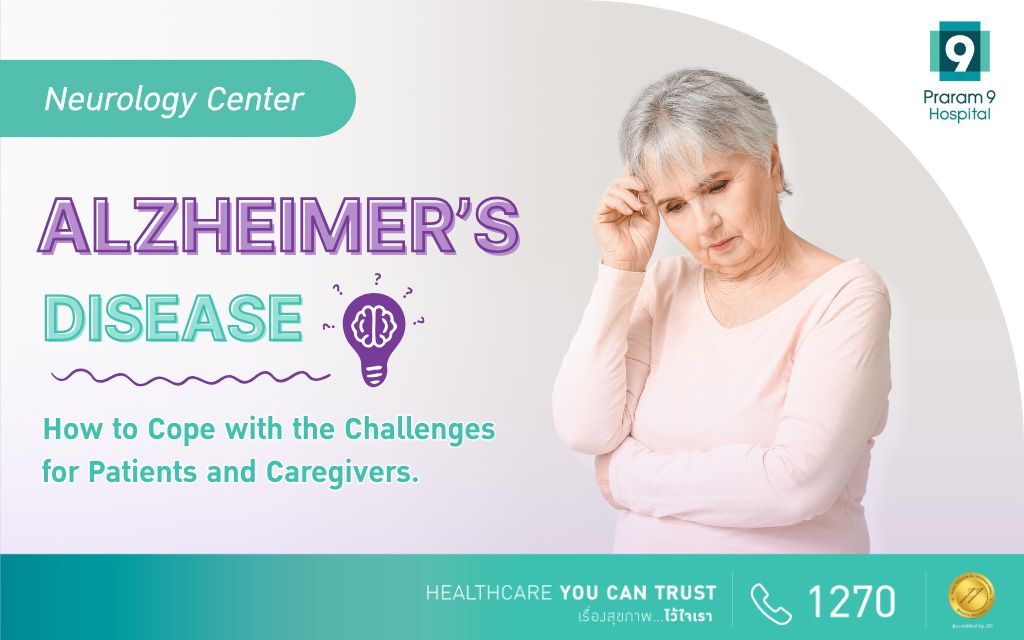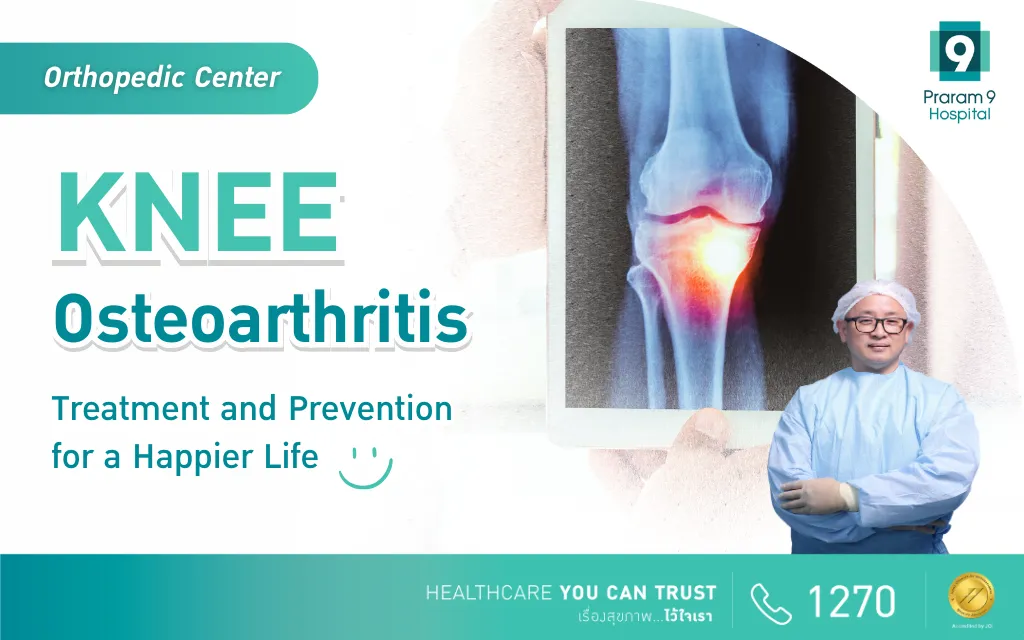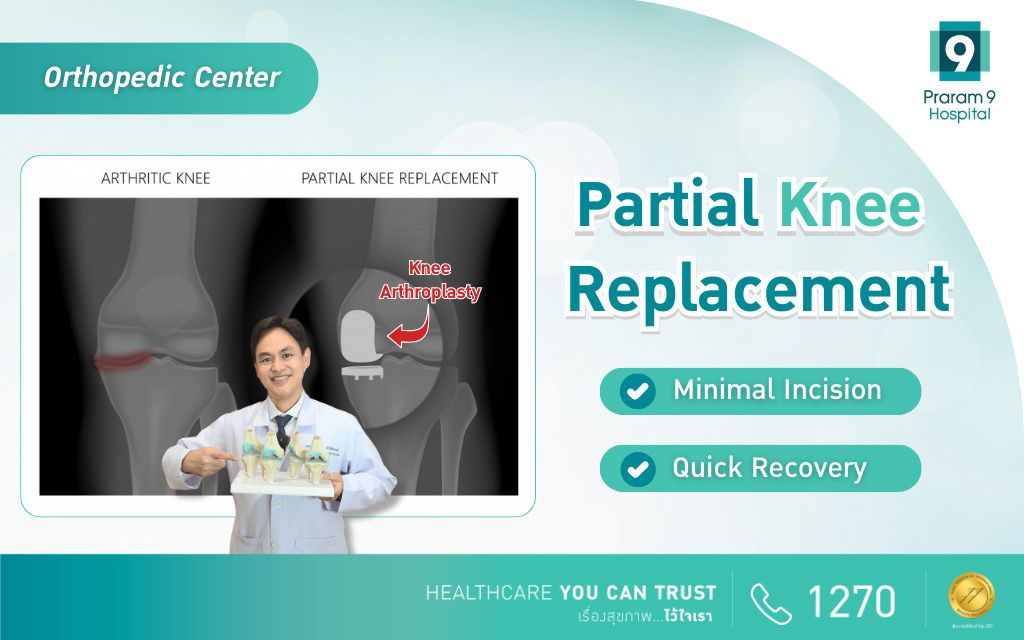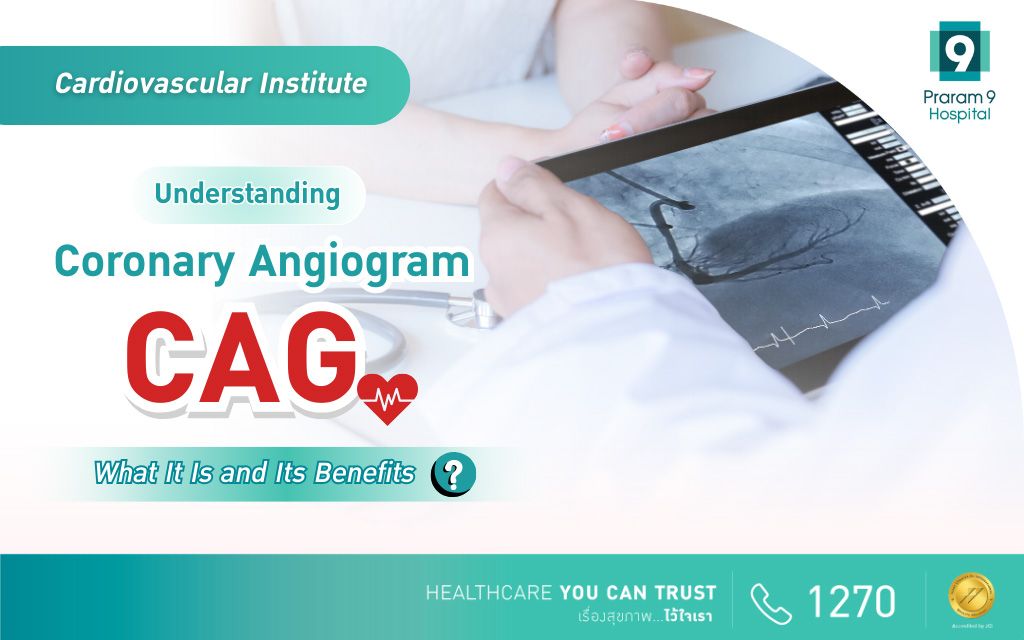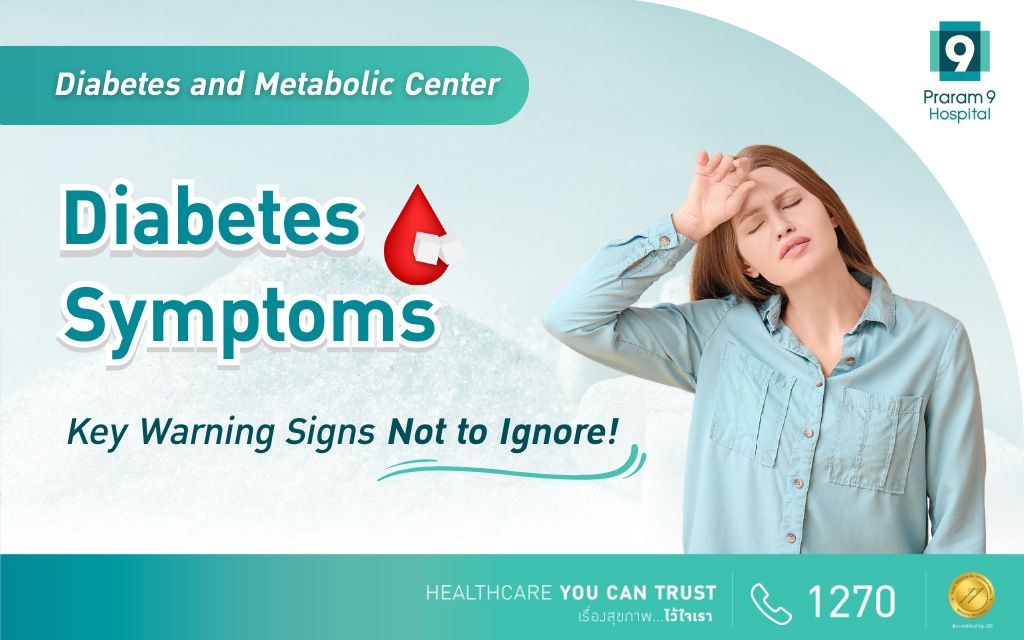Health Articles
Knowledge
How Does Acute Coronary Artery Disease Occur and Can It Be Prevented?
SUTAT KANTITO, M.D.
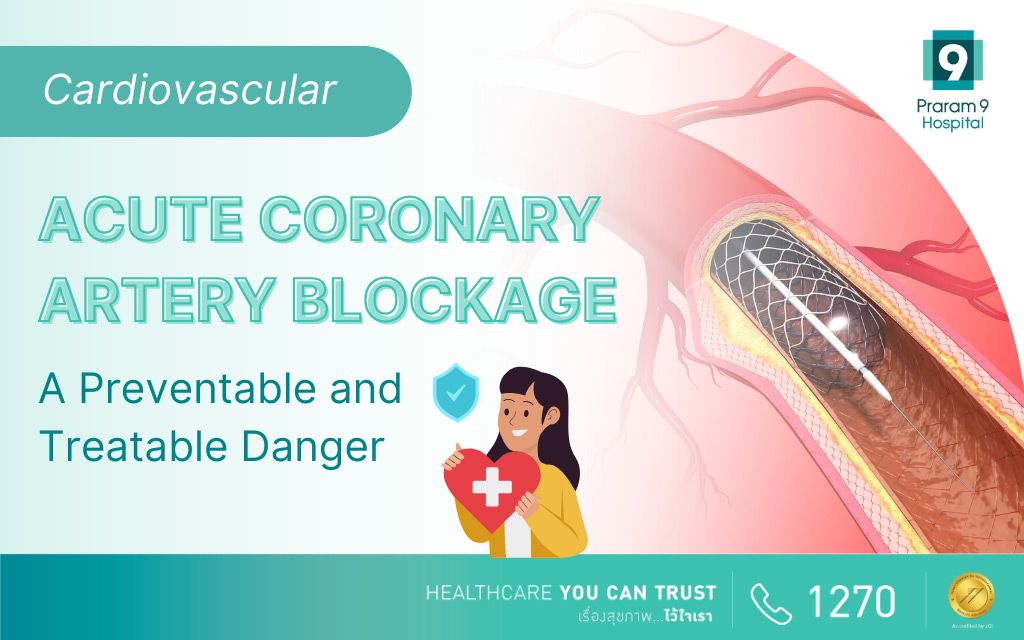
Discover more about coronary artery disease and its management, including preventive measures and treatment options for a healthy heart. Contact us for cardiovascular assessments and heart health consultations.
Introduction
Coronary artery disease (CAD) is a major cause of morbidity and mortality worldwide, including in Thailand. Early detection and management are essential to prevent serious complications such as heart attacks. This article provides an in-depth look at CAD, its symptoms, causes, and treatment options, emphasizing the importance of early intervention.
Table of contents
- What is Coronary Artery Disease?
- Common Symptoms of Coronary Artery Disease
- Causes and Risk Factors of Coronary Artery Disease
- Preventive Measures of Coronary Artery Disease
- Diagnosis of Coronary Artery Disease
- Treatment of Coronary Artery Disease
- Conclusion
What is Coronary Artery Disease?
Coronary artery disease occurs when the coronary arteries, which supply blood to the heart muscle, become narrowed or blocked due to plaque buildup. This can lead to reduced blood flow, causing chest pain (angina), shortness of breath, and other serious complications.
Common Symptoms of Coronary Artery Disease
Early symptoms of CAD may include:
- Chest Pain (Angina): A feeling of pressure, squeezing, or pain in the chest, often triggered by physical activity or stress.
- Fatigue: Feeling unusually tired or fatigued with minimal exertion.
- Heart Palpitations: Irregular heartbeats or a feeling that the heart is racing.
- Shortness of Breath: Difficulty breathing, especially during physical activity.
- Fainting: Episodes of dizziness or fainting.
Causes and Risk Factors of Coronary Artery Disease
Several factors can increase the risk of developing CAD, including:
- High Blood Pressure: Uncontrolled high blood pressure can damage the arteries.
- High Cholesterol: High levels of LDL cholesterol can lead to plaque buildup.
- Smoking: Smoking damages the blood vessels and accelerates plaque formation.
- Diabetes: High blood sugar levels can damage the coronary arteries.
- Obesity: Excess weight increases the risk of CAD.
- Sedentary Lifestyle: Lack of physical activity contributes to the risk.
Preventive Measures of Coronary Artery Disease
Preventing CAD involves adopting a healthy lifestyle:
- Healthy Diet: Eat a diet rich in fruits, vegetables, whole grains, and lean proteins. Avoid saturated fats and trans fats.
- Regular Exercise: Engage in at least 30 minutes of moderate exercise most days of the week.
- Quit Smoking: Avoid tobacco products to protect your arteries.
- Manage Stress: Practice stress-reducing techniques like yoga and meditation.
- Regular Health Screenings: Monitor blood pressure, cholesterol, and blood sugar levels regularly.
Diagnosis of Coronary Artery Disease
If patients provide accurate information and details about their medical history and symptoms, it will help in making a correct diagnosis of the disease.
Additionally, the doctor may recommend tests such as an Electrocardiogram (ECG), blood tests, an Echocardiogram, Exercise stress testing, or Coronary CT angiography.
Treatment of Coronary Artery Disease
The treatment of coronary artery disease can be divided into four levels:
Level 1: Treatment by Lifestyle Changes
- Quit smoking and limit alcohol consumption.
- Reduce the intake of sweet, fatty, and salty foods.
- Increase the consumption of fresh vegetables and fruits that are not overly sweet.
- Control weight and exercise regularly.
- Undergo annual health check-ups.
Level 2: Treatment with Medication
- For individuals at risk (especially those with hypertension or diabetes) or those with minor coronary artery stenosis who do not yet require invasive procedures, it is essential to strictly follow the doctor’s prescription.
Level 3: Treatment by Coronary Angioplasty and/or Stent Placement
- This procedure involves using a catheter to widen the narrowed coronary artery to restore normal function.
Level 4: Treatment by Surgery
This involves performing Coronary Artery Bypass Graft (CABG) surgery to create a bypass around the blocked coronary artery.
Conclusion
Coronary artery disease can lead to acute myocardial ischemia, which can be severe and even fatal. However, every problem has a solution (and a way to prevent it). If you find yourself at risk for this condition, it is essential to understand its causes, symptoms, prevention methods, and treatment options to be prepared.
Praram 9 Cardiovascular Institute at Praram 9 Hospital recognizes the importance of Cardiovascular disease. We provide specialized medical services with advanced equipment and offer cardiac and vascular rehabilitation after disease onset, ensuring all patients can regain their health and enjoy life with their families.

